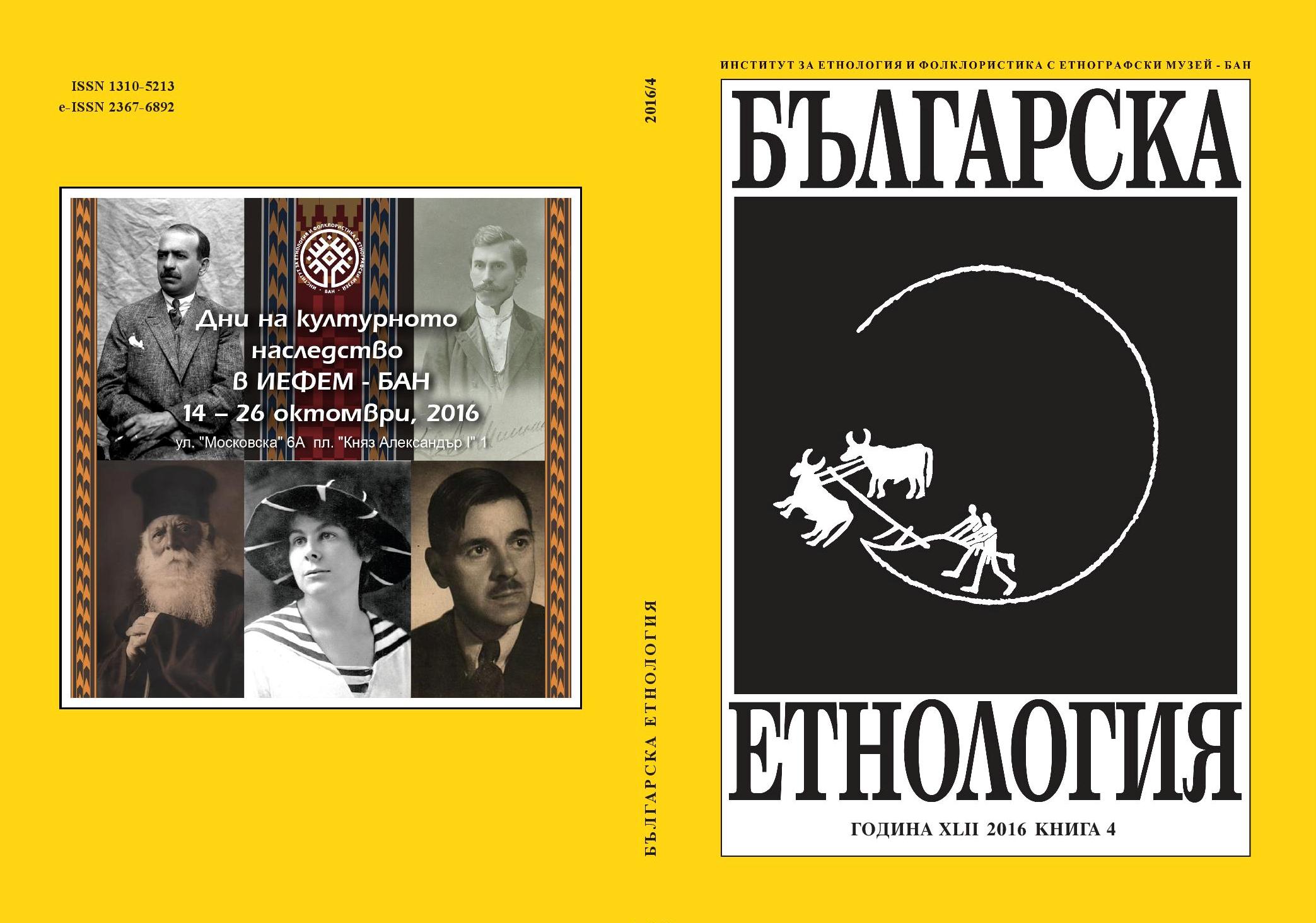
We kindly inform you that, as long as the subject affiliation of our 300.000+ articles is in progress, you might get unsufficient or no results on your third level or second level search. In this case, please broaden your search criteria.


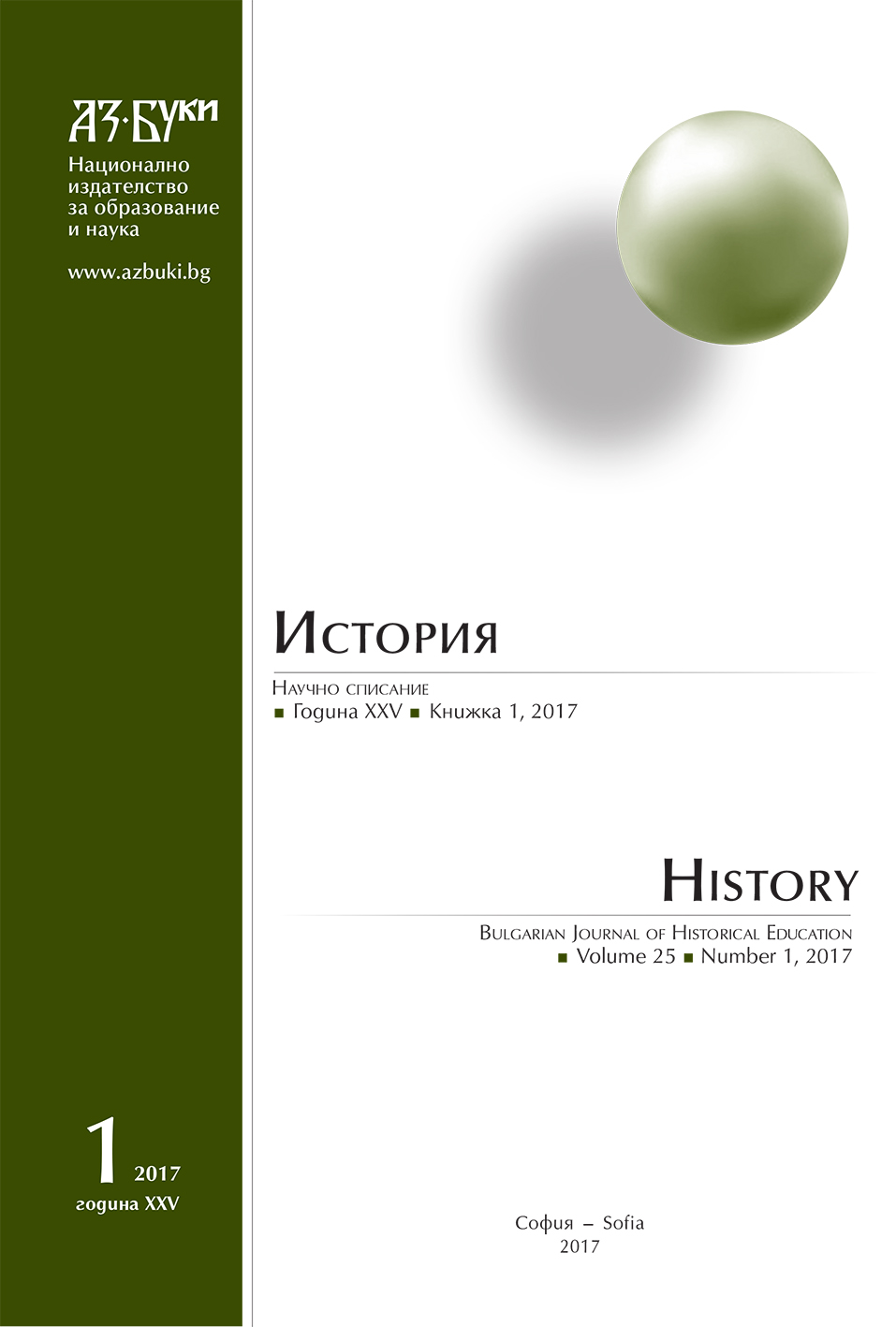
This article aims to trace the migratory movements of Bulgarian population from the Western Outlands to Bulgaria from the Spring of 1941, when as a result of the accession of Bulgaria to the Tripartite Pact, the country regain some of the ethnic Bulgarian territories lost during the Balkan wars (1912 – 1913) and World War I (1915 – 1918). The main factors that determine the migration process are outlined: economic and financial difficulties; voluntary labor migrations; forced economic mobilization and others
More...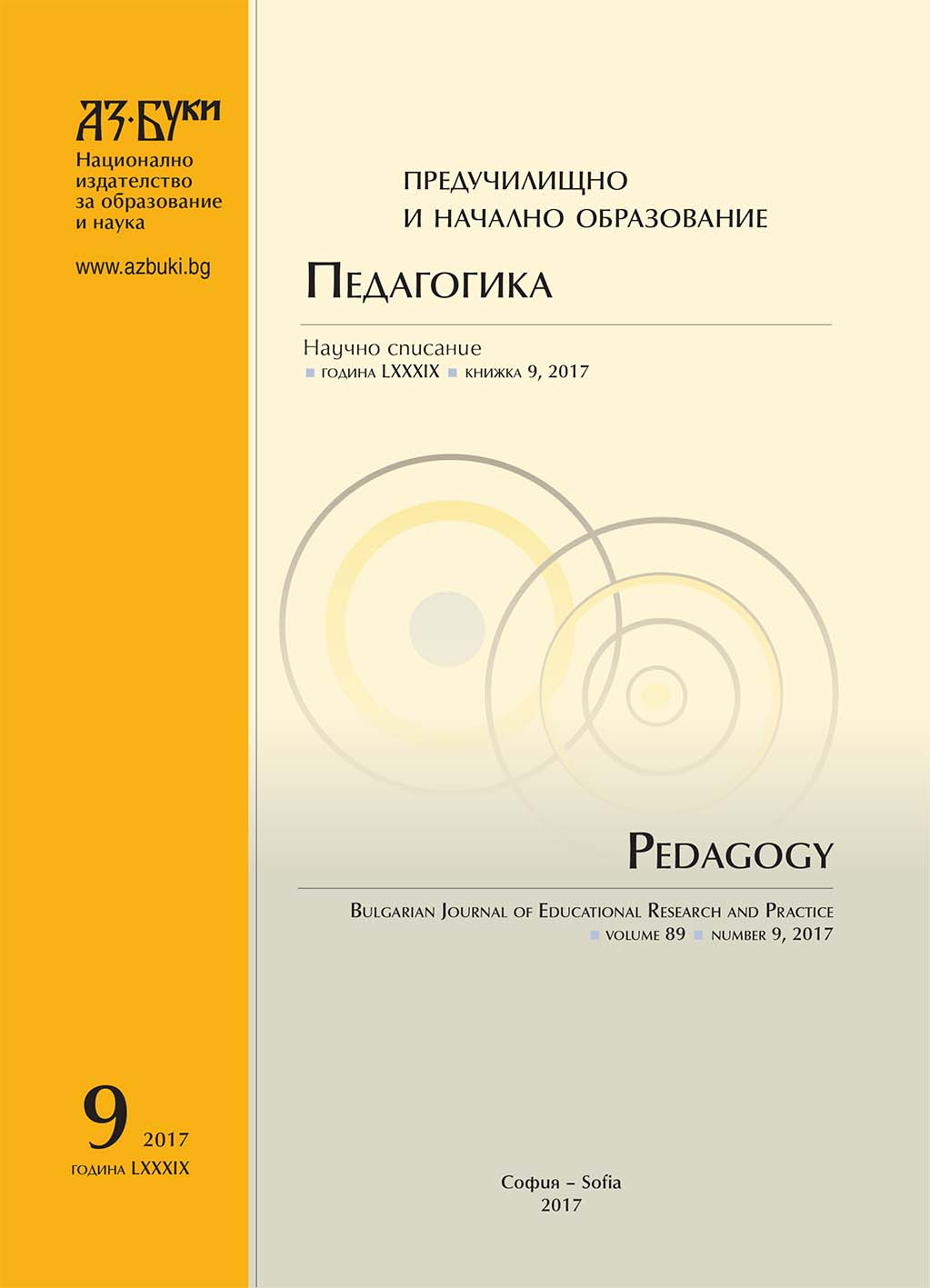
The paper offers a new interpretation on Rousseau in the context of Richard Rorty’s concepts on the philosophy of language and the linguistic turn developed at the end of the 20th century. The classical interpretation of Rousseau’s ideas of freedom in view of upbringing as a rule juxtaposes nature and culture. The present paper argues that this opposition can be overcome through the application of the metaphor approach to both upbringing and the value-neutral character of language. In this sense the question to be answered is how the languages of the teacher and of the student co-exist in Rousseau’s ideas and what the mechanism is that turns these languages into means of upbringing. The research employs arguments in favour of the hypothesis that in terms of the metaphor of “upbringing” created by Rousseau in Emile or on Education, the concepts language of nature and language of society overlap.
More...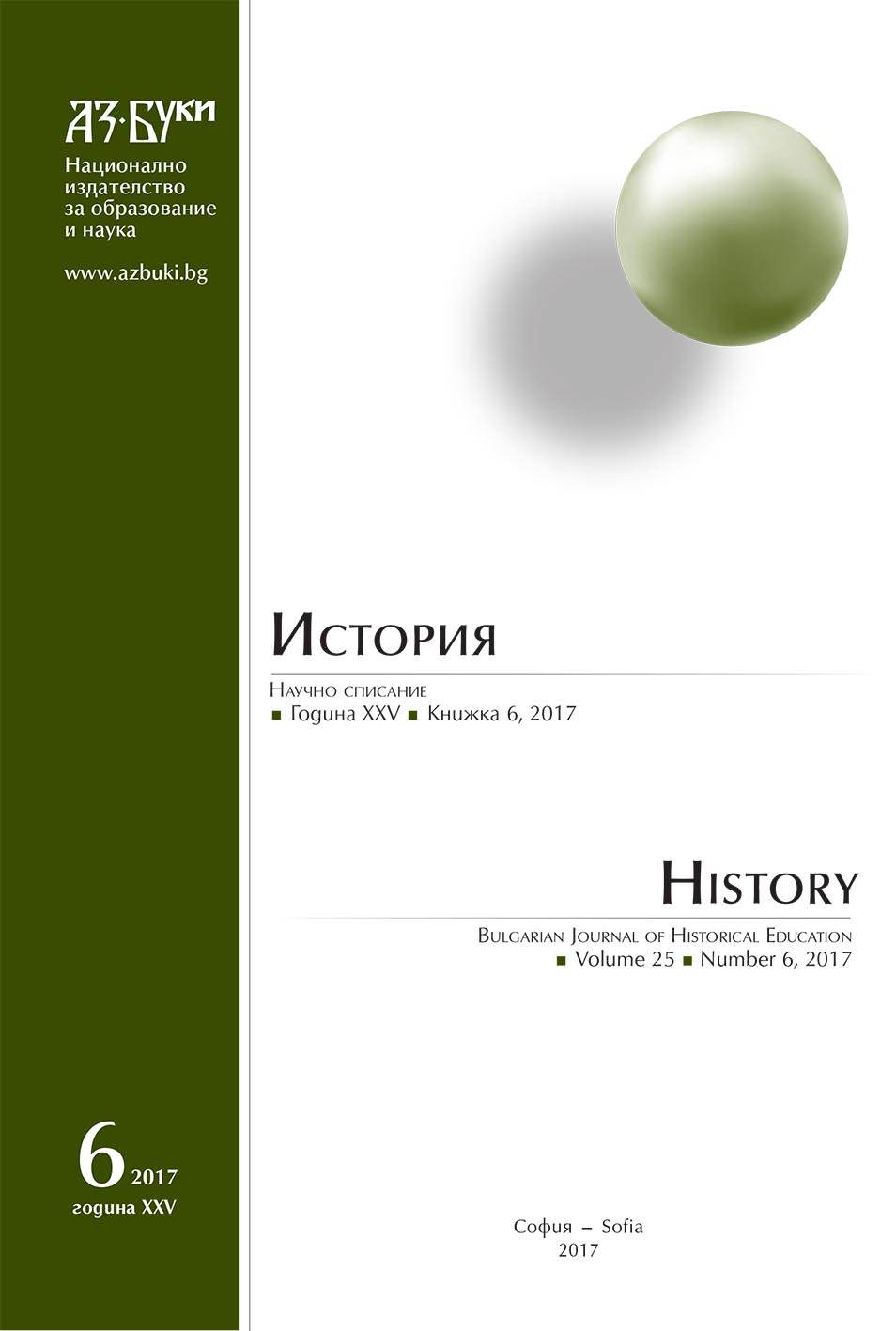

The article presents the first results of a pilot study in the field of social gerontology. The key features of two groups of retirees in the post-socialist period (a metropolitan city – a small town), derived from radically opposite families (communist elite – middle hand peasants), are traced and analyzed. A special emphasis is placed on the political influence that members of both groups have in their local space.
More...
Political reality often changes human life. It gives opportunity to make unchangeable choice. Life on the border or between two borders sometimes becomes a habitual event. The dynamic transformations in human life are presented through the prism of the personal fate of two significant figures of the Bulgarian public life from the middle of the XX century - Esto Vezenkov and Boyan Mihailov.
More...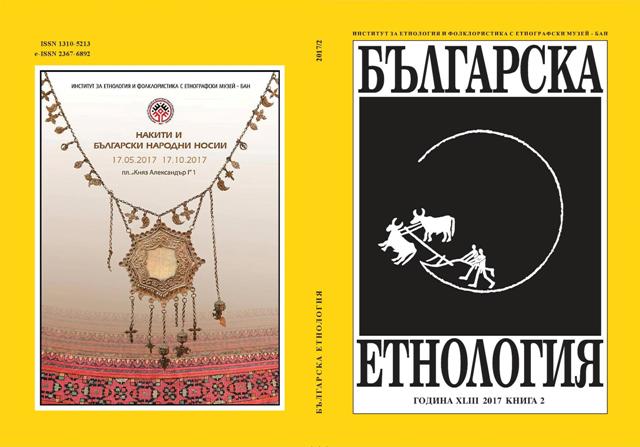
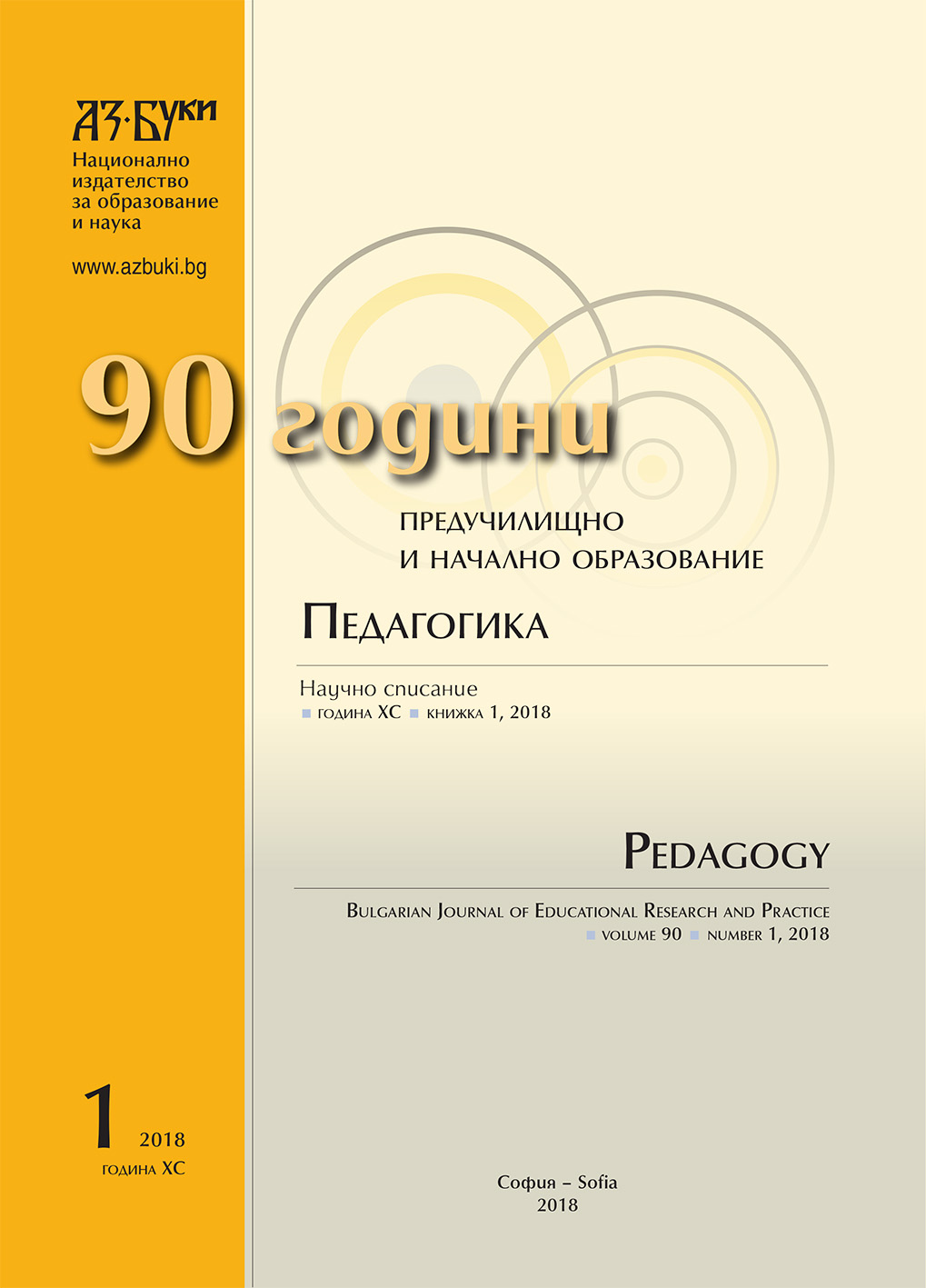
Тhis study aims to present the results of the pilot evaluation of the training system application. The aims is to inform PE teachers and coaches on identifying underlying problems of discrimination, racism and violence, train them on innovative approaches for preventing these phenomena and provide them with educational tools. The training platform is composed by 6 modules that work to prevent incidents of violence, racism and discrimination in sport. The evaluation is done through questionnaires-interviews to 30 mentors. The conducted surveys revealed that the game and the comic present the main messages and mechanisms for tackling incidents of discrimination in sport in an interesting and attractive way. Another key point of the training process has been the self-reflection in relation to the practice carried out by the trainees, as well as the participation and interest that they showed along the entire formation process. The modules in the e-training platform present good practices, documents and programmes in a very accessible and interesting way. They are directed towards development of teachers and coaches’ skills for dealing with accidents of discrimination and violence in informal education in partnership with colleagues, students, parents and specialists in the field of grassroots sports.
More...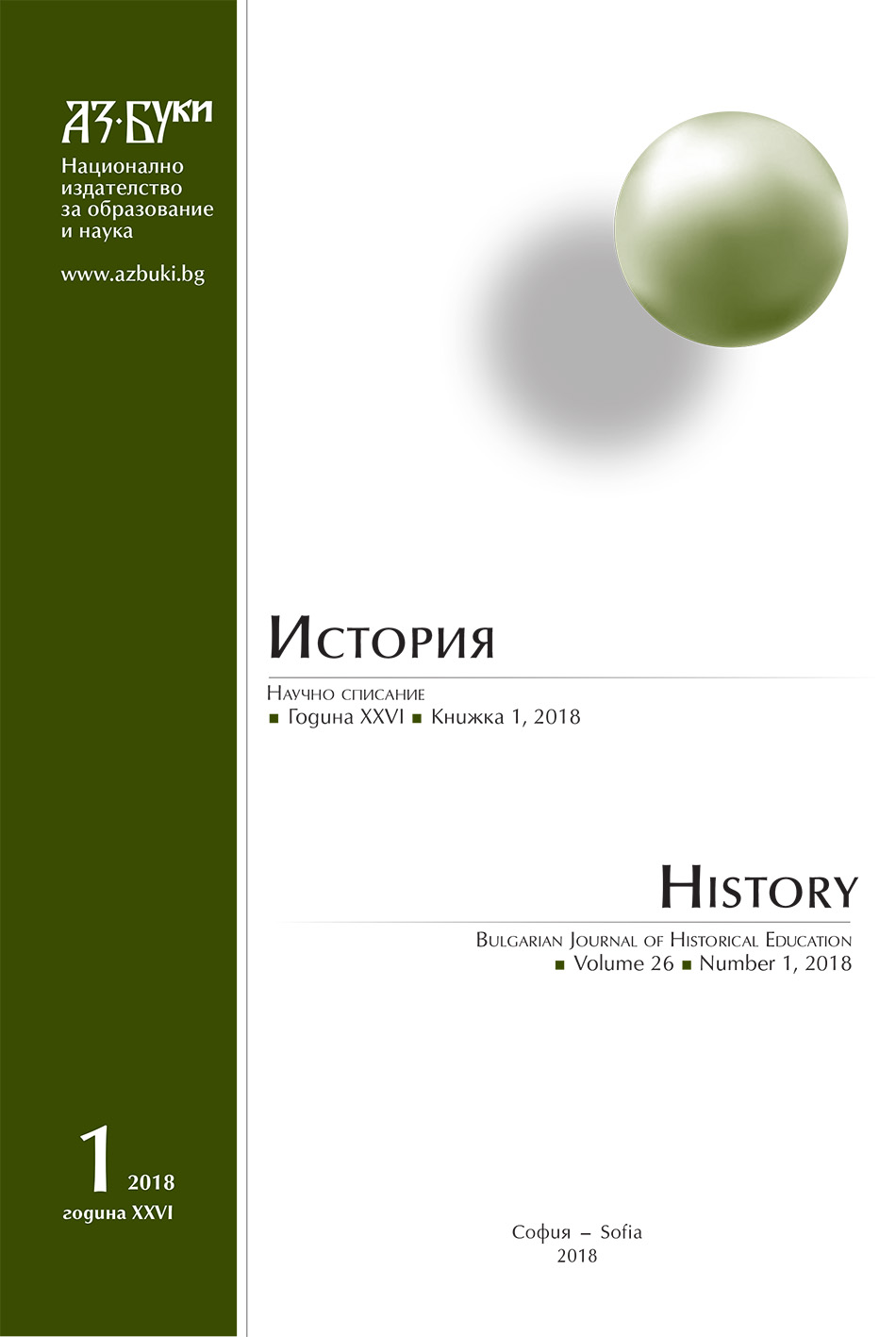
Church practice before Easter Pass under the shroud of Christ has two names and two explanations in Bulgarian culture. The people call this practice Pass under the table. For the Bulgarian Orthodox Church this ritual honours the work of Jesus Christ and his death. According to the people, the custom is done for health, luck and forgiveness of sins. The reasons for difference in the explanation of the ritualized action are sought in the traditional worldview and centuries-old practices of the Bulgarian people.
More...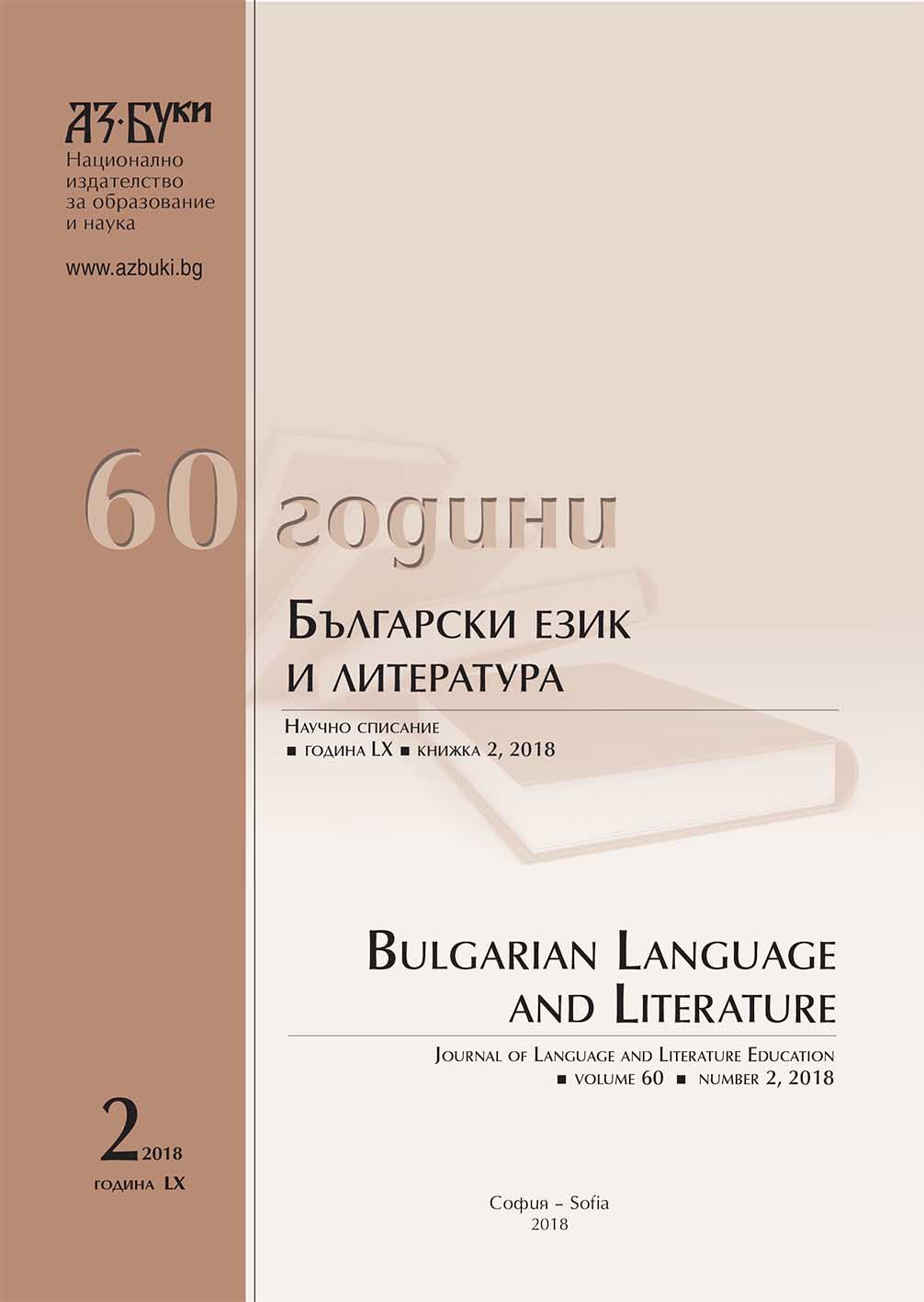
The Bulgarian dialectаl language today, due to changes of an extra-linguistic nature, is found both inside and outside the state borders of the Republic of Bulgaria in the three historical geographic areas: Moesia, Thrace and Macedonia. Due to the impossibility for Bulgaria to achieve its national reunification in the twentieth century and due to the imposed emigration of the population in the past after various wars, the Bulgarian language has a record number of attempts for writing-regional codifications - six, one of them being the Vardar-Macedonian one.
More...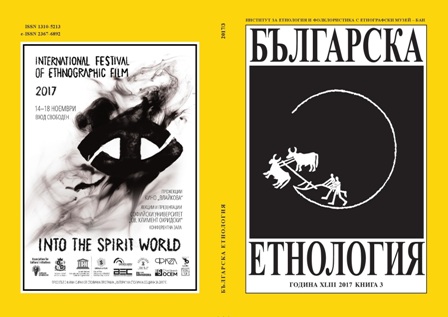
This research deals with two topics concerning mixed parentage rearing practices in Bulgaria. On the one hand, it is the naming the offspring with regard to the name giver(s) and principles of name-choosing, deriving from parent(s)’ cultural heritage and affected (or not) by the living-in social environment. On the other hand, there is the matter of the non-Bulgarian language acquisition, whose development is a question of micro managing of each of the families (and in many cases of each of the partners). Parents’ decisions, regarding these topics, set the manner in which others look at the mixed offspring, as well as how the children accept themselves as bearers of two cultural backgrounds.
More...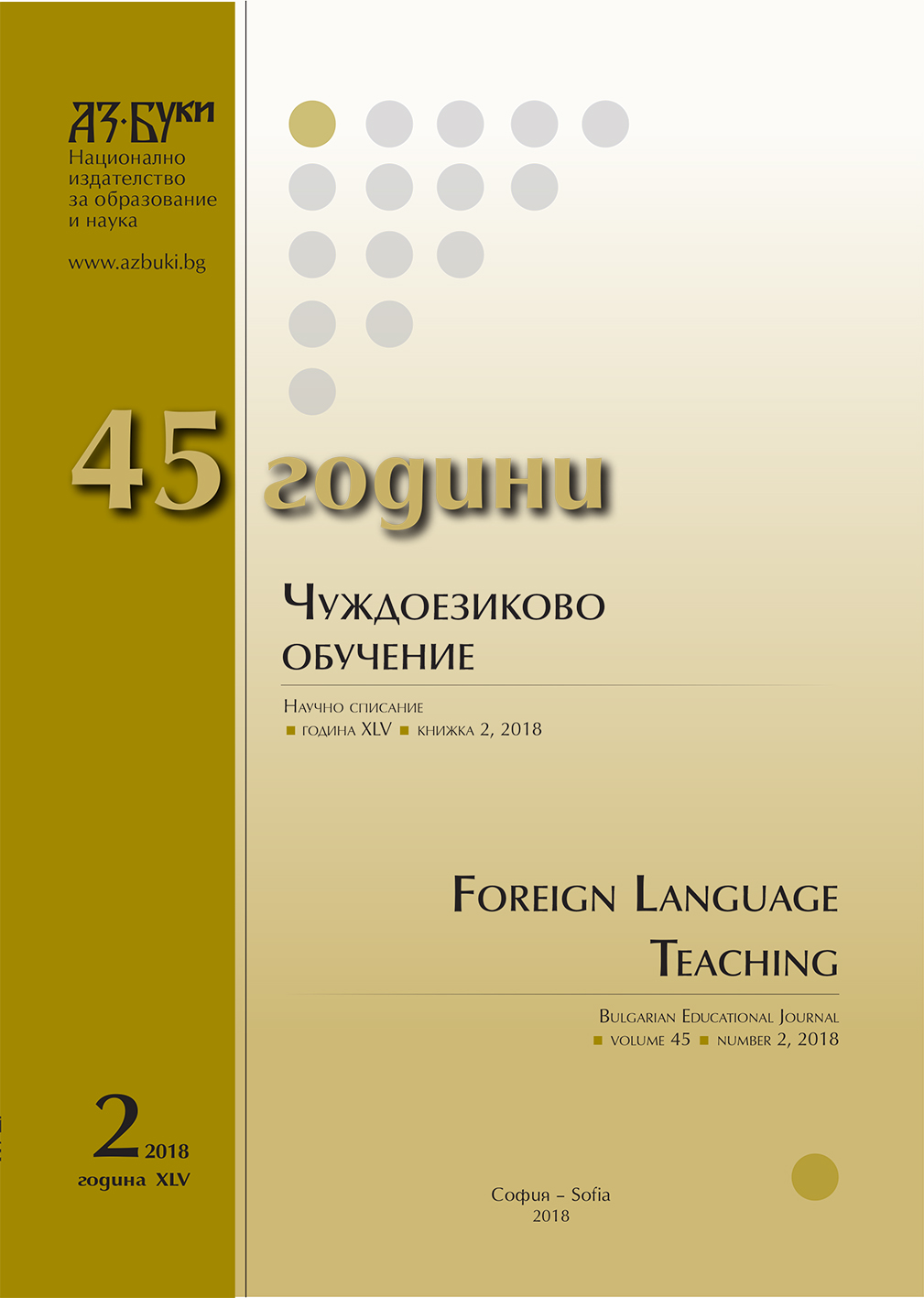
This paper deals with one of the most controversial phenomena of modern society – political correctness, manifested in language and behaviour. It focuses on the restrictions which it imposes on people’s social and cultural life, the bans that are enforced against a particular language and the possible prosecution in case of refusal to use politically correct language. It deals with facts that show arising dominance of minority groups over the majority.
More...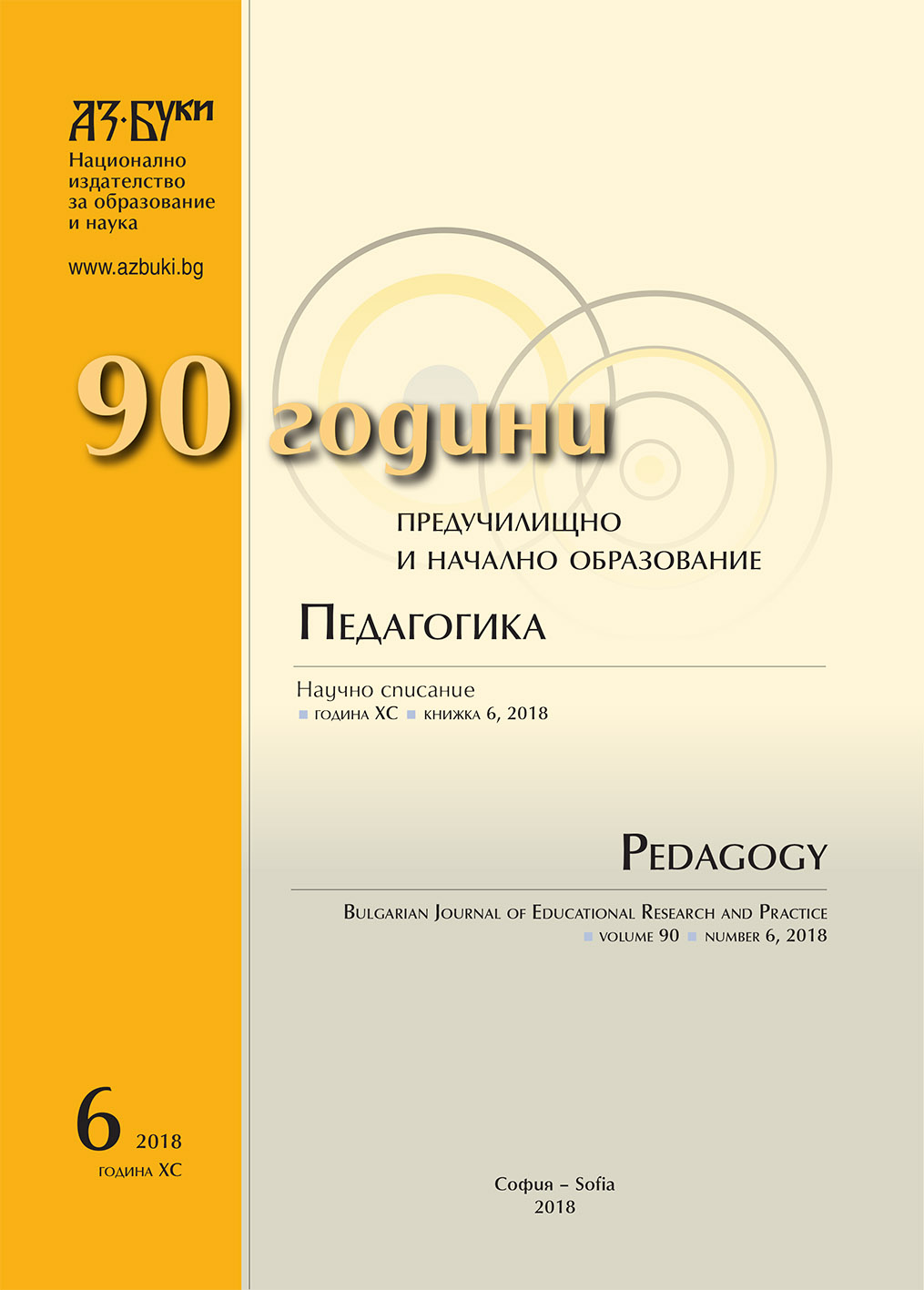
Researches of the problem of the importance of Art activities of children at risk is shown in the context of the theoretical, analytical, and empirical aspects of the problem, and inferences and conclusions have been made accordingly. The report focuses its scientific interest on the role of extracurricular art activities for the personal development of the children, their ability to easily integrate to the social environment and to develop abilities and skills, which will help develop their emotional and social growth and keeping them in school. The contributions of this research can be divided into several main directions: collecting and systemizing literature and information directed towards existing models of prevention, showing the importance of art activities of children at risk, analyzing the results that have been achieved by art activities of the group of children endangered of being expelled of school, to define the appropriate models of social adaptation through activating the artistic abilities of the children. The purposes of the research are divided into several groups. On one hand is shown the importance of the introduction to the technical capacity of drawing in extracurricular form with different teachers, showing the analyzes made until the present moment achieved results of European, national and regional level, analyzes, summaries and conclusions of working with children from risky groups. In the analytical part, some of the methods of Rubinstein, Ulf and others, are applied. The results show that with active and regular art activities of children from risky groups, a durable interest is being shown to artistic activities and adaptation to the school environment is made quicker and more qualitative.
More...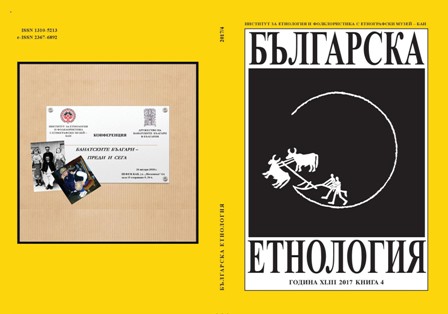
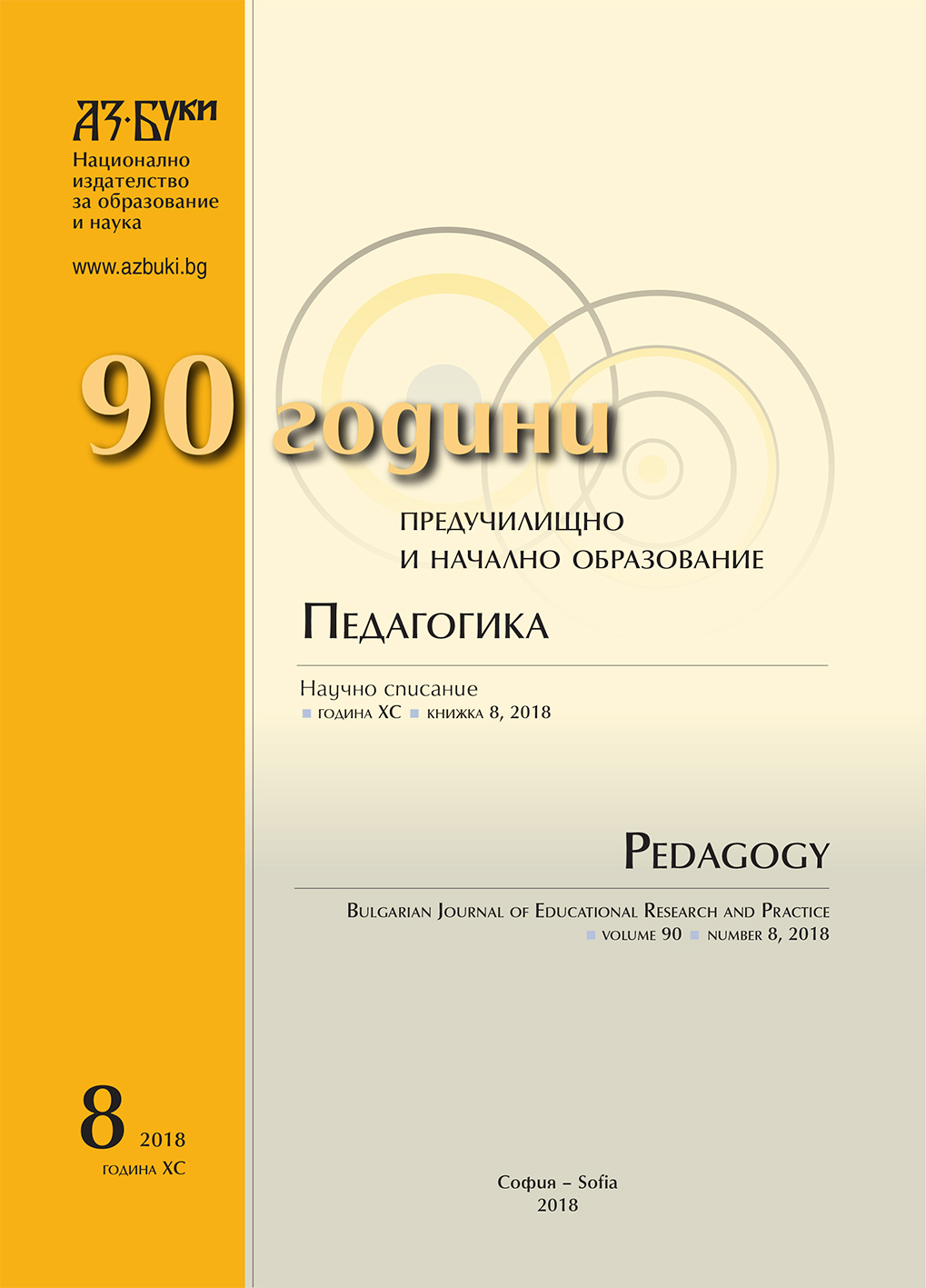
The author discusses the role of teachers’ attitudes in the inclusive education and makes an analysis of the most prominent social-psychological theories that explain forming of people’s attitudes. She divides them in four groups – consistency theories, learning theories, theory of social judgement and functional theories.
More...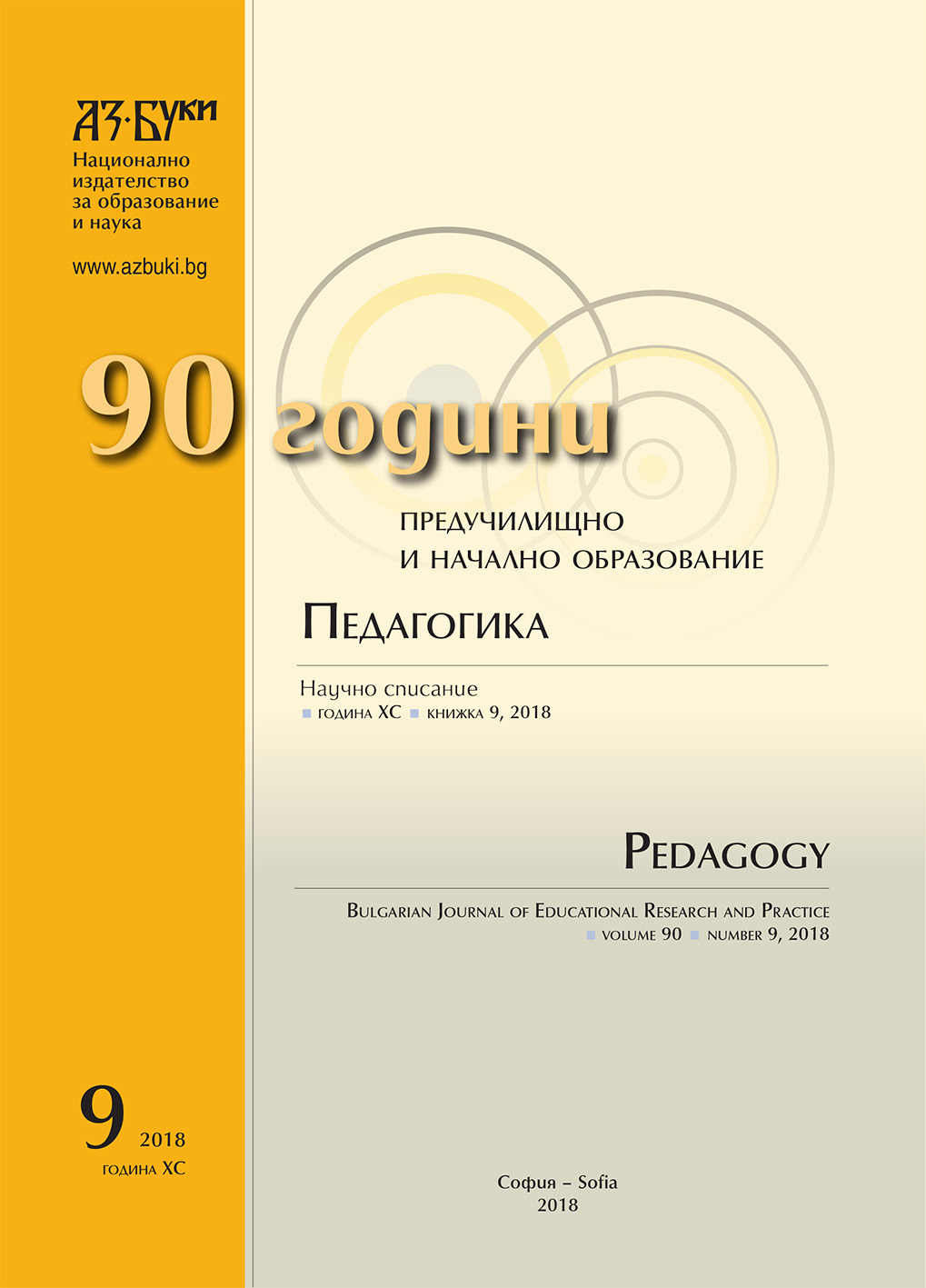
The paper presents the child protection in Bulgaria from the Liberation Period (1878) to 1944. The role of private charity organizations and the state policy for child care and welfare are analyzed.
More...
The topics of civic education and children's rights are being discussed more and more frequently in the past 11 years after Bulgaria joined the EU. Civil education is expected to familiarize children with their "equal and inalienable rights, the most important of which are freedom, justice and peace in the world". The outcome of civic education cannot be just “simple voters”, but rather personalities concerned about the public good. Through the civic education, the moral basis of children's rights is internalized.
More...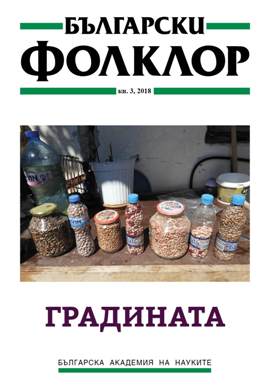
The article analyzes the specific urban agriculture practice of bio-gardening in schools, which continues the tradition of experimental and teaching plots in schools and combines the basic effects of urban agriculture: social, health-related, economic and ecological. Above all, this tradition illustrates the combined social benefits of urban agriculture related to education, upbringing, and social integration. The data presented in the article are drawn from the findings of research (in-depth interviews and focus groups) conducted in the framework of the project Urban Agriculture as a Strategy for Improving the Quality of Life of Urban Communities, financed by the National Research Fund. The data refer to bio-gardens in schools on the territory of Sofia Municipality.
More...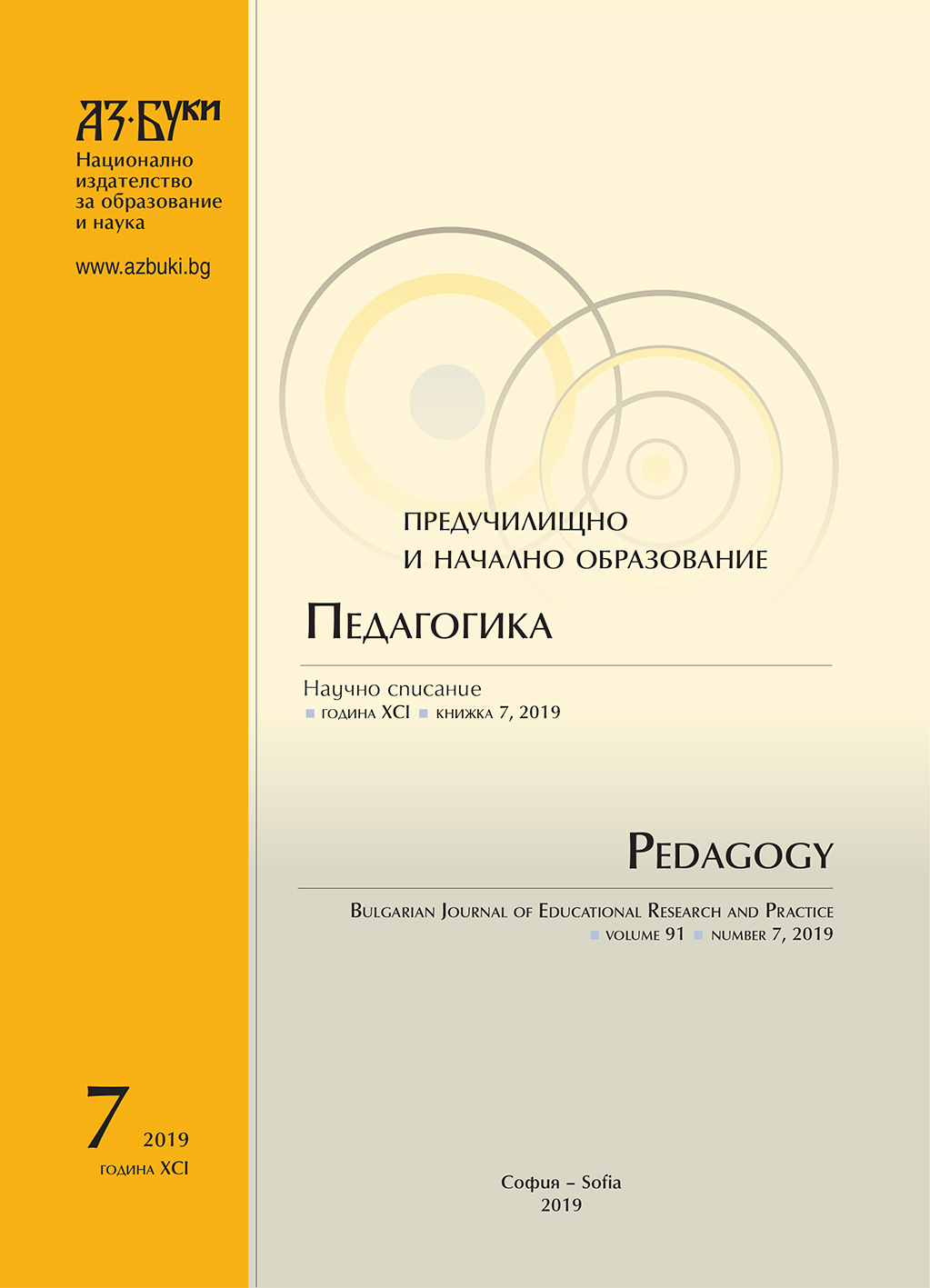
In this study, pre-school children (36 – 72 months) examined whether their ability to express their positive and negative feelings has a predictive effect on their level of conflict with their mothers. For this purpose, data were collected from the mothers of 594 children, who were educated in the kindergartens in Denizli province centre during the fall semester of 2017 – 2018. “Child Emotion Expressiveness Scale – Mother Form” was used to determine children’s ability levels of expressing their emotions and “Child-Parent Relationship Scale” was used to determine children’s levels of conflicts with their mothers. In the analysis of the data, the stepwise linear multiple regression analysis was used to learn power of the children’s ability to express their feelings of happiness, sadness, anger and fear in the prediction of their conflict levels with their mothers. Prior to the analysis, the suitability of the data set for regression analysis was examined in terms of the normality test, autocorrelation and multiple correlation problems, and the necessary assumptions were met. The findings of the study reveal that the children’s expressing their feelings of anger, sadness and happiness are significant predictors of motherchild conflict. In this context, the expression of anger feeling is a positive predictor of mother-child conflict, while expressing feelings of sadness and happiness are negative predictors of mother-child conflict. Finally, it has been seen that expressing fear has no predictive effect on the mother-child conflict.
More...